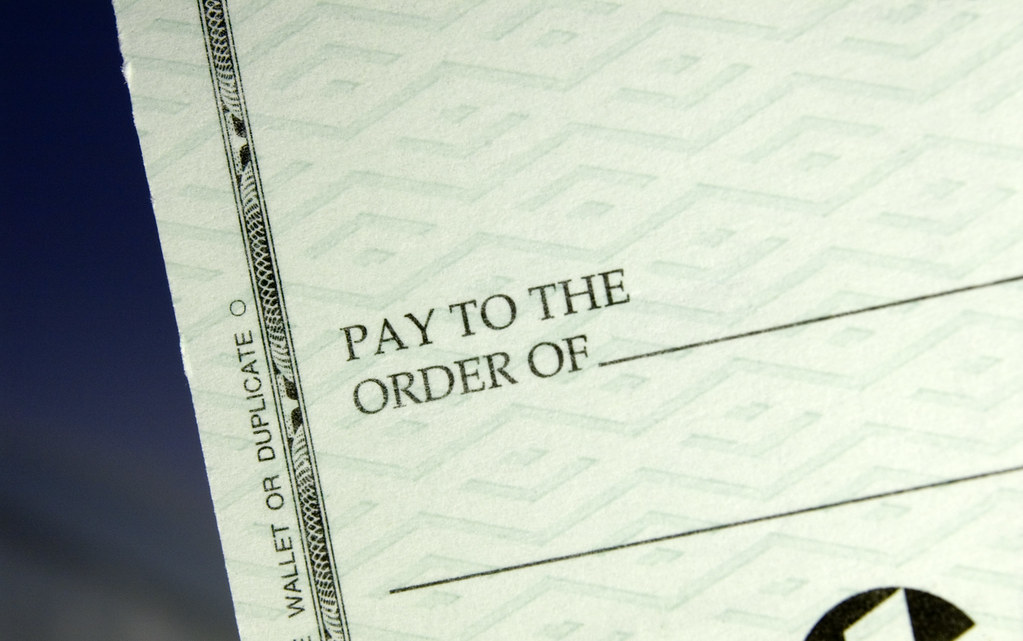
Have a nest egg in your checking account. We’ve all experienced that queasy feeling of checking your balance at the ATM. Sometimes you truly feel like you have no idea if you’re about to over-withdraw or if you have a few hundred dollars to your name. There’s an easy way to cure the stress. Always make sure to keep a “nest egg” or “buffer” amount of money in your account. Whatever your average weekly spending is, base the nest egg on that quantity. For example, if you usually spend around $600 a week, make sure that there’s at least a few hundred always sitting there. Tell yourself that it’s a basic minimum that must stay there — or else you’ll be punished by the banking gods. Actually, tell yourself whatever you need to make sure that amount will stay safe and secure in your account.
Magical five-week months. There are usually four months a year that are five weeks long instead of four. In 2017, those months are March, June, September, and December. Instead of expecting the two checks a month, you’ll get three. If you make $1,700 every two weeks, there will be three weeks a year that you’ll get an extra $1,700. Use those three extra pay checks as a starting point for your savings. However, don’t spend more than your regular monthly pay-out just because you’re anticipating those extra weeks. There are a lot of ways you can creatively use those “extra” paychecks for the better good of your finances.
You can:
Save up for a special vacation. If you’ve always wanted to check out the beaches of Southern Spain or go kayaking in the French Alps, now you can! It usually takes several good months to book and plan an exciting week or two away. Use that time to strategize how exactly you plan on traveling and your price points.
Pay for major repairs and renovations. There’s no joy in having a constantly leaky sink or a heater that sounds like poltergeist when you turn it on. Use those patiently-earned savings to replace that stained carpet or broken appliance.
Grow your retirement fund. Folks of any age can contribute to a Roth IRA. The money that accumulates in a Roth is tax-free. Unlike other IRAs, there are fewer requirements and restrictions, and instead of being taxed on money deposited, you’re only taxed when you withdraw. There are other easy investment options, like a CD, mutual funds, and EFTs. Talk with a financial advisor on the best way to harvest your budget so that you’re able to live comfortably while growing your savings.
Check out more of our informative articles:

